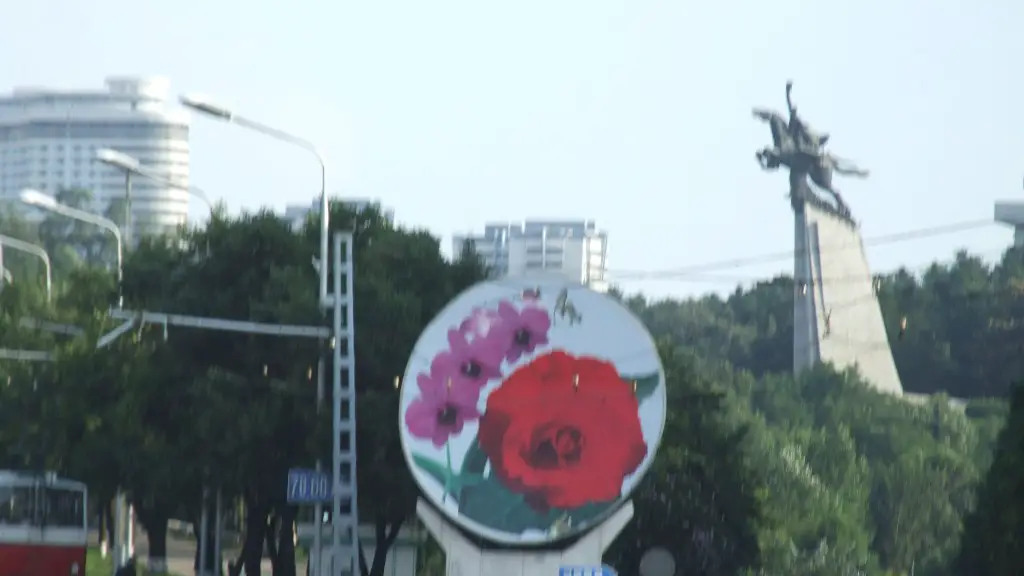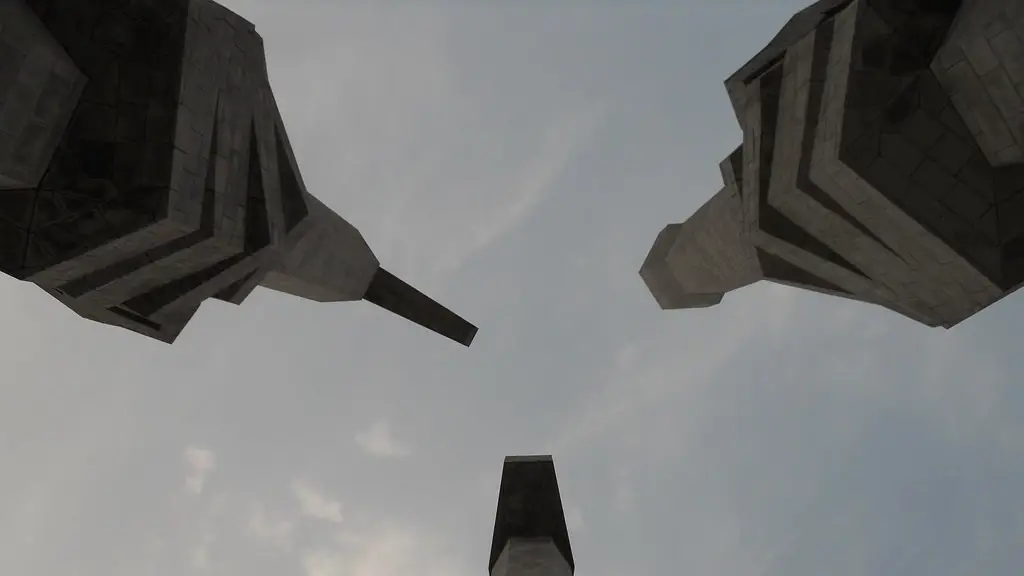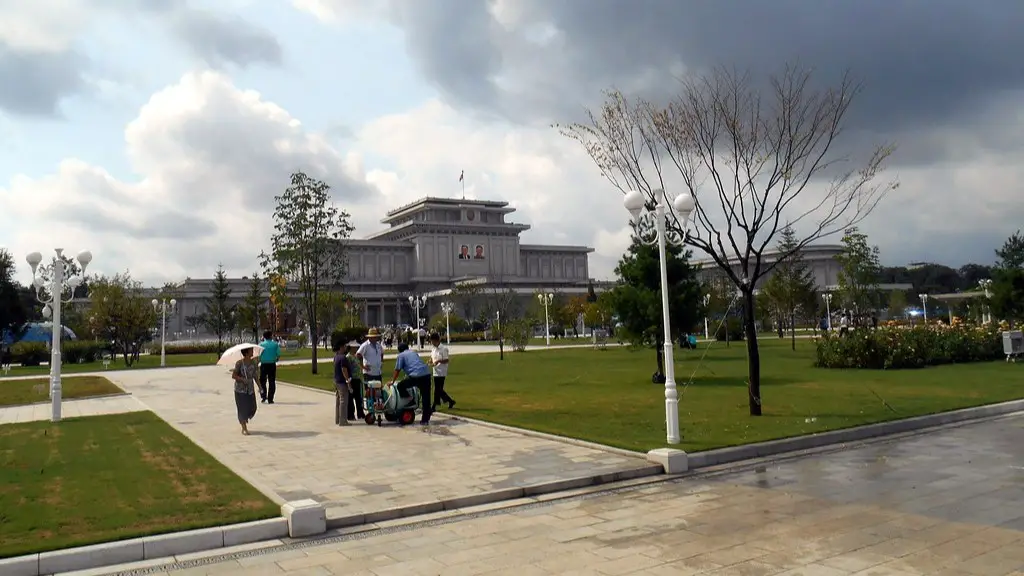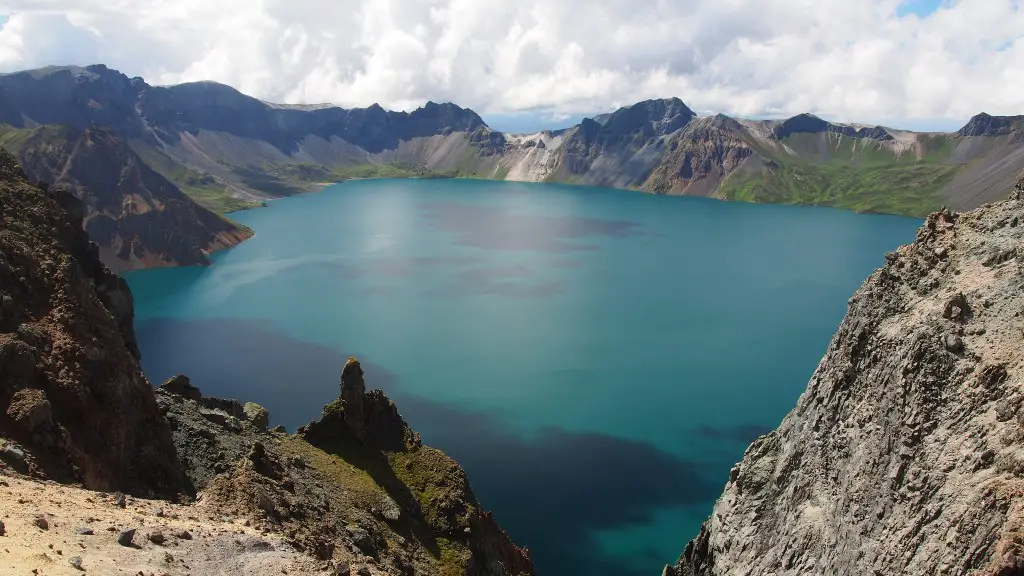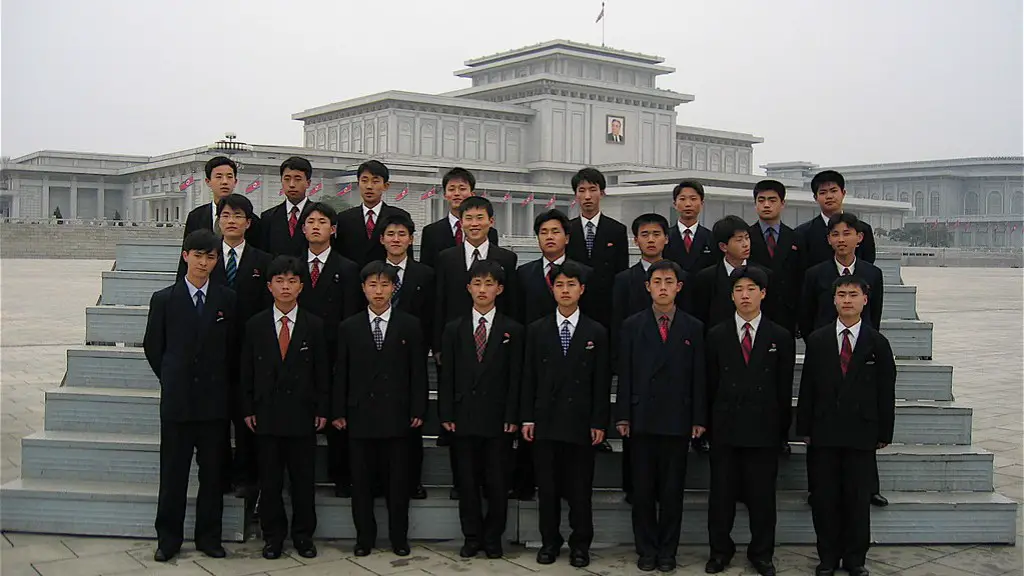In North Korea, a totalitarian dictatorship rules over the lives of its citizens. The government controls every aspect of life, from the food they eat to the entertainment they watch. The people of North Korea are not allowed to leave the country, and those who try are often captured and sent to prison camps. The conditions in these camps are brutal, and many people die from starvation or disease.
The Korean War began on June 25, 1950, when North Korea invaded South Korea. The United Nations, with the United States as the principal force, came to South Korea’s aid. China joined the war on North Korea’s side in October 1950. After more than a million casualties had been suffered on both sides and the Korean peninsula had been left in ruins, the fighting came to an end on July 27, 1953, when an armistice was signed.
What caused the North Korea crisis?
The Nuclear Non-Proliferation Treaty (NPT) is an international agreement whose primary goal is to prevent the spread of nuclear weapons. North Korea’s announcement that it would withdraw from the NPT in 1993 created tensions between North Korea and the US that could have led to war. However, an agreement was reached between Former President Jimmy Carter and then leader Kim Il-Sung that prevented the outbreak of war.
North Korea’s long-range missile and nuclear programs represent the region’s most immediate security challenge. Any major instability or conflict on the Korean Peninsula would have severe strategic, economic and humanitarian repercussions. The international community must continue to work together to address this threat and promote peace and stability in the region.
Are North Koreans allowed to leave
Freedom of movement is something that North Korean citizens are not privy to. They are not able to freely travel around the country, let alone travel abroad. Emigration and immigration are both strictly controlled in North Korea. This lack of freedom of movement makes it difficult for North Koreans to get out of the country and see the world.
1945 – The end of World War II leads to the division of Korea at the 38th parallel, with the Soviet Union occupying the north, and the United States occupying the south.
1948 – The north declares itself the Democratic People’s Republic of Korea (DPRK), with its capital at Pyongyang. The south declares itself the Republic of Korea (ROK), with its capital at Seoul.
1950-1953 – The Korean War sees the DPRK supported by the Soviet Union and China, while the ROK is supported by the United Nations and the United States. The war ends in a stalemate, with the country remaining divided.
Since the end of the Korean War, the DPRK has been ruled by the Kim dynasty. Under Kim Il-sung and Kim Jong-il, the country developed a cult of personality around the ruling family, and pursued a policy of self-reliance, known as Juche.
Since the death of Kim Jong-il in 2011, his son Kim Jong-un has been ruling the country. Under Kim Jong-un, North Korea has continued to pursue its nuclear weapons program, in defiance of international condemnation.
Why can’t the US go to North Korea?
The Department of State advises against travel to North Korea due to the serious risk of arrest and long-term detention of U.S. nationals.
The North Korean government continues to detain U.S. nationals without due process, often in harsh conditions. There have been reports of detainees being subjected to forced labor, physical abuse, and denial of medical care.
The North Korean government does not recognize the right of consular access for U.S. citizens. The Swedish Embassy, which serves as the United States’ Protecting Power in North Korea, is often able to provide limited consular assistance to U.S. citizens.
The safety and security of U.S. citizens in North Korea remain of grave concern.
The abductions of Japanese citizens by North Korea is a well-documented and tragic event. These victims were typically abducted for the purpose of teaching Japanese language and culture at North Korean spy schools. However, some of the older victims were also abducted for the purpose of obtaining their identities. These events occurred during a time of great tension between North Korea and Japan, and the victims were caught in the middle. The Japanese government has worked tirelessly to try to secure the release of all the victims, but sadly, many remain missing to this day.
Is North Korea friendly to us?
Since there is no US diplomatic presence in Pyongyang, the Swedish Embassy provides extremely limited consular services to US citizens. The last time the US had any kind of diplomatic relations with North Korea was in the early 1990s, and since then ties between the two countries have been tense and hostile. In recent years, North Korea has made several nuclear and missile tests that have led to international condemnation and further strained relations with the US.
The Hwasong-14 ballistic missile is a North Korean missile that can travel up to 4,500km. It has been tested with a range of 8,000km, but some studies suggest it could travel as far as 10,000km. This makes it capable of reaching New York.
What can’t you do in North Korea
When travelling to North Korea, it is important to be aware of the country’s strict laws regarding what you can bring into the country. Religious, pornographic or political items are all illegal and must be declared upon arrival. Knowingly or unknowingly possessing items that breach North Korean law is also illegal.
The death penalty is a punishment that is used in North Korea for certain crimes. These crimes include premeditated murder and crimes that are seen as against the state, such as treason, sedition, and terrorism. The death penalty is seen as a way to discourage these activities and to keep people in line with the government’s rules and regulations.
Do North Koreans have phones?
The North Korean telephone system is adequate, with 118 million fixed lines available in 2008. However, most phones are only installed for senior government officials. Someone wanting a phone installed must fill out a form indicating their rank, why they want a phone, and how they will pay for it.
Starting September 1, 2021, US citizens traveling to Korea must have a valid visa or an approved Korea Electronic Travel Authorization (K-ETA) to enter Korea. US citizens who are not in possession of a valid visa or K-ETA will not be able to enter Korea.
Does North Korea have a child limit
This is an interesting policy that Pyongyang has put in place in order to encourage population growth. It is definitely a different approach from many other countries who are trying to control population growth. It will be interesting to see how this policy plays out in the long run.
Physical isolation is a serious issue in North Korea. The government does not allow its citizens to leave the country without permission, and those who are caught trying to do so can face severe consequences. This can include torture, forced labor, and life-imprisonment in a political prison camp. This is a major human rights violation and it is important that the international community condemns this practice.
How many people escaped North Korea?
There are about 76% to 84% of defectors who have fled to China or South Korea every year. North Korea is one of the most secretive countries in the world, and it is very difficult to escape from it.
Americans in North Korea consist mainly of defectors and prisoners of war during and after the Korean War, as well as their locally born descendants. Additionally, there are occasional tours and group travel which consists of Americans via train or plane from China, some with temporal lodging and stay.
Who is North Korea’s enemies
The foreign relations of North Korea have been shaped by its conflict with South Korea and its historical ties with world communism. North Korea has been an ally of China and the Soviet Union since the Korean War, and its relations with these countries have been crucial to its development. However, North Korea has also been one of the most isolated countries in the world, and its relations with the West have been strained by its nuclear weapons program and human rights abuses.
Due to the lack of international cooperation, North Korea is not a recommended travel destination. The increased risk of unlawful detention and imprisonment, as well as the potential for warfare or nuclear escalation, makes the country too dangerous to visit.
Warp Up
In North Korea, a totalitarian dictatorship rules the country with an iron fist. The leader, Kim Jong-un, controls every aspect of life for the citizens of North Korea. There is no freedom of speech or freedom of the press. The government controls the media and what information the citizens are allowed to see and hear. There is no freedom of religion. The government controls what citizens are allowed to believe and practice. The government controls the economy and the citizens have no say in how the country is run. The government is also known for its human rights abuses. The citizens of North Korea live in fear of the government and are not free to live their lives the way they want to.
There is still much unknown about what happened in North Korea, but it is clear that it was a series of unfortunate events. it is still unclear what happened in North Korea, but it is clear that it was a series of unfortunate events.

